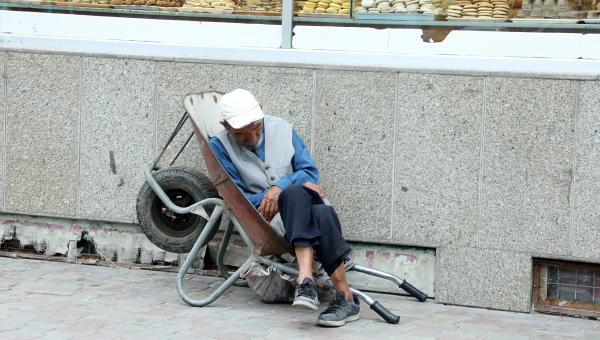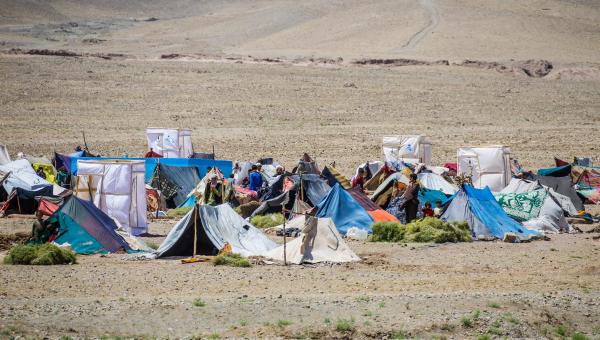Monitoring Support to ADB Novel Financing Grant
Overview
Afghanistan is facing a humanitarian crisis that threatens the lives and well-being of millions of people. The crisis has worsened the already fragile situation of the country, where access to essential services such as health, education, food, and agriculture is limited and uneven. To address this urgent need, the Asian Development Bank (ADB) has launched a $405 million grant to support the delivery of these services through the “Novel Financing for Sustaining Essential Service Delivery Project”.
The grant will be implemented by four UN agencies: UNDP, UNICEF, WFP, and FAO. Each agency will focus on a different aspect of service delivery, according to their mandate and expertise. UNICEF will ensure the continuity of core public health services and support the delivery of primary and secondary education. WFP and FAO will provide emergency food assistance and sustain local staple food production and supply chains. UNDP will monitor the grant's impact, conduct socio-economic assessments, and provide inputs for possible phase 2.
UNDP will also coordinate the implementation and reporting of the grant with the other agencies and ADB. To do this, UNDP will establish an Inter-Agency Task Force that will outline the results framework, roles, and individual responsibilities for progress reporting. UNDP will also ensure that the grant is aligned with the Sustainable Development Goals (SDGs) and that the results are verified by local enumerators across 34 provinces.
Objectives
The grant has three main objectives: to monitor the grant's implementation and results, to analyze and assess the situation in Afghanistan and the impact of the grant, and to support the grant's implementation with communications and inputs for possible phase 2. The grant will also pay special attention to gender equality and empowerment indicators, as women and girls are among the most vulnerable and marginalized groups in Afghanistan.
Major Achievements
Established an integrated framework with WFP, UNICEF, and FAO to measure progress towards outputs, outcomes, and SDG goals.
- Established an integrated project monitoring system that combines both M&E systems into one web-based system to cover all project activities.
- Conducted the first wave of results validation of health, education, and food security.
- Produced socio-economic analysis reports summarizing thematic areas of health, education, and nutrition.
- Produced a report presenting an analysis of the economic prospects of the country.
- Conducted and produced reports presenting thematic and sector studies on 1) energy sector assessment and 2) community-based survey on agriculture, livelihoods, and climate change in six provinces.
Related Materials
Impact
Relevant Content

 Locations
Locations





